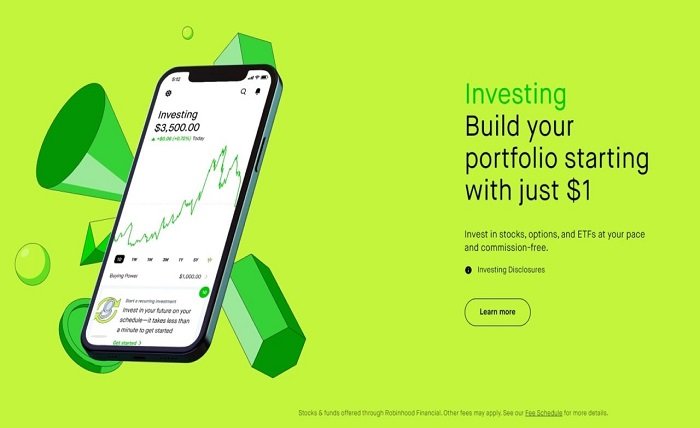Introduction
Stock screeners are invaluable tools for investors aiming to sift through thousands of stocks to find those that meet specific criteria. This blog post delves into the various aspects of stock screeners, explaining their significance, types, and how to effectively use them to maximize your investment portfolio.
What is a Stock Screener?
A stock screener is a digital tool that investors use to filter stocks based on user-defined metrics. Screeners can sort through hundreds of stocks to identify those that meet particular financial criteria, making them essential for strategic investment planning.
Benefits of Using a Stock Screener
Stock screeners offer a plethora of benefits, from saving time by filtering out non-qualifying stocks to allowing investors to focus on stocks that meet precise investment criteria. They are indispensable for anyone looking to enhance their investment process.
Key Features to Look for in a Stock Screener
When choosing a stock screener, important features include a wide range of filtering options, real-time data updates, and user-friendly interfaces. These features enable investors to make swift, informed decisions.
How to Use a Stock Screener Effectively
Using a stock screener effectively involves understanding your investment goals and criteria. Whether you’re looking for high dividend yields or stocks under a certain price, screeners can help identify these with precision.
Free vs. Paid Stock Screeners
While free stock screeners provide basic features, paid versions offer more advanced tools and more comprehensive data, essential for serious investors. Deciding between the two depends on your investment style and needs.
Top Stock Screeners Available Today
Several top stock screeners stand out for their robust functionality, including platforms like Trade Ideas, Finviz, and Morningstar. Each comes with unique features tailored to different investing styles.
Using Stock Screeners for Various Investment Strategies
Stock screeners can be tailored to support various investment strategies, such as value investing, growth investing, or day trading. They provide the analytical depth required to pursue these strategies effectively.
Common Mistakes to Avoid with Stock Screeners
Common pitfalls include over-reliance on screeners and ignoring qualitative factors that might affect stock performance. It’s crucial to use screeners as part of a broader research strategy.
How Stock Screeners Fit Into a Broader Investment Strategy
Integrating stock screeners into your broader investment strategy helps refine your portfolio selections and aligns your investments with your financial goals, providing a critical edge in portfolio management.
Conclusion
Stock screeners are powerful tools that can significantly enhance your investing efficiency and effectiveness. By understanding and utilizing these tools wisely, investors can better navigate the complexities of the market and optimize their investment outcomes.
FAQs
Q1: What is a stock screener?
- A stock screener is a tool that allows investors to filter stocks based on specific criteria, helping them identify investment opportunities that match their strategies.
Q2: Are stock screeners suitable for beginner investors?
- Yes, stock screeners are beneficial for investors of all levels, including beginners. They help simplify the process of finding stocks that meet specific, predefined criteria.
Q3: Can I use stock screeners for international stock markets?
- Absolutely, many advanced stock screeners offer options to screen stocks across various international markets, providing global investment opportunities.
Q4: Do stock screeners guarantee investment success?
- While stock screeners provide valuable data to help make informed decisions, they do not guarantee success. They should be used as part of a comprehensive investment strategy.
Q5: How often should I use a stock screener?
- The frequency of use depends on your investment style. Active traders might use them daily, while long-term investors might use them less frequently to adjust or refine their portfolios.






